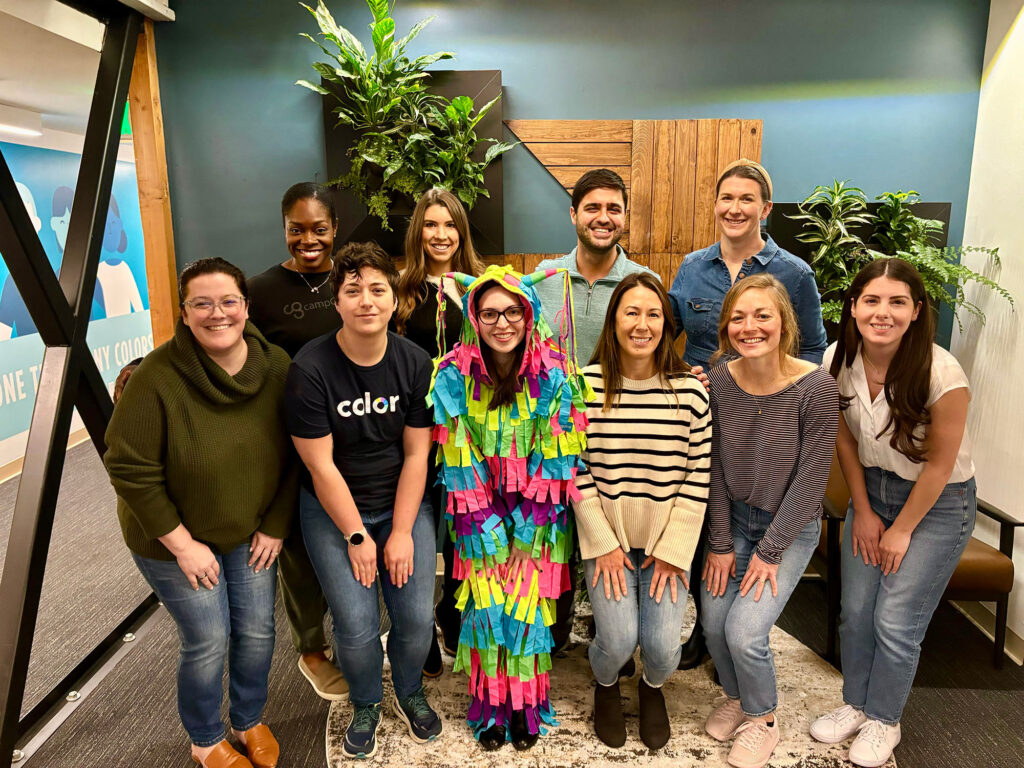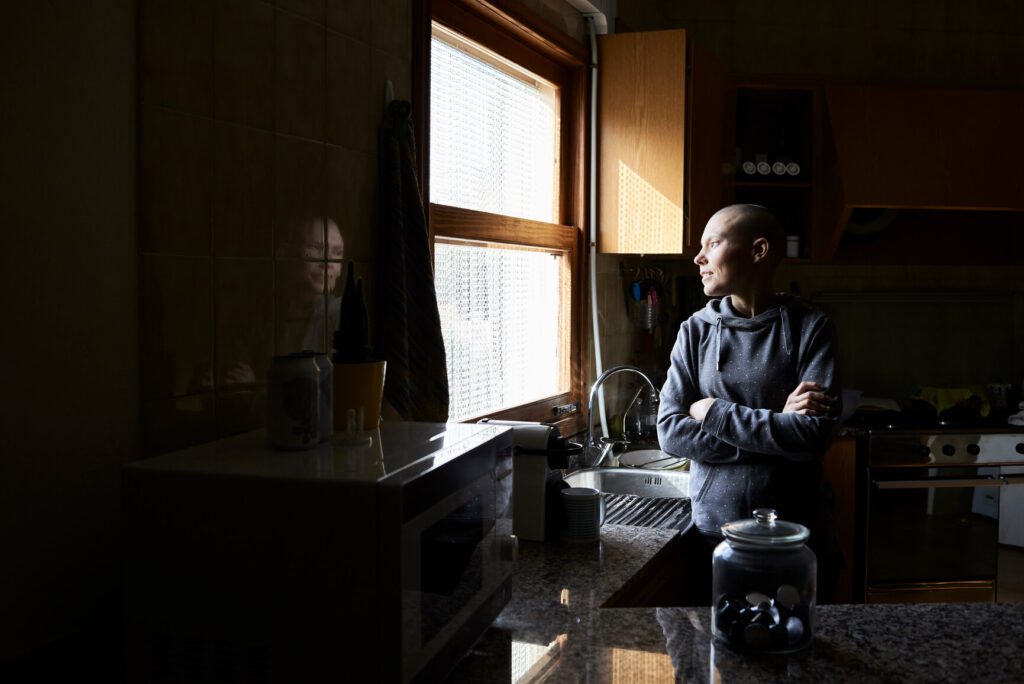News & Articles
Talking to your relatives about cancers in the family
Lisa Madlensky
It’s holiday season, and for many of us that means more time spent with extended family members. This uptick in family time can be a good opportunity to talk to relatives about the family tree in general, especially since genealogy is such a popular hobby right now. Adding medical information to the conversation can present some challenges, but having details about relative’s cancers can be important for your own health as well as that of your family members.
Why knowing your family cancer history is important
- Your family history might lead to a change in your routine medical care. For example, people with relatives who had colorectal cancer at a young age (before 50) might be advised to start colon cancer screening in their 30s or 40s instead of waiting until age 50
- Some rare cancer types might signal an inherited cancer syndrome, and genetic testing might be recommended to determine or confirm the diagnosis
- You can create a family history document that can be shared with other family members and updated as things change.
- With more and more people having genetic testing to help assess potential cancer risk, it is increasingly important to have a thorough family history to put genetic test results in context, and make your own cancer risk assessment more accurate.
And, you will have a lot of information for your next doctor’s appointment when you are asked “Has anyone in your family had cancer?”
Some tips for getting the most out of your family history
Starting the conversation
Medical and health information is typically considered to be private, and it can be daunting to think about how to talk to relatives about such an emotional topic. Approaching a relative who has had cancer in the past, or who is currently going through cancer treatment, can be difficult. Being sensitive, but direct, is often a good approach. Starting the conversation along the lines of, “Hey there Aunt Jill, it’s so good to see you. I know this might seem a bit forward and please tell me if you prefer not to discuss it, but I’m updating my family medical history and I wondered if I could ask you about your diagnosis?” The same approach goes for asking about deceased relatives — be respectful of privacy and be honest about the fact that the topic may bring up potentially painful memories (especially if a relative passed away recently).
What to ask
The two most important details to know are the type of cancer, and the age at which it was first diagnosed. Age of diagnosis is usually pretty easy to find out. Finding out the type of cancer can be more challenging, particularly for relatives from older generations who tended to be much more private about medical issues, and who simply may not have been given a lot of detailed information. Unlike most current oncology practices that use electronic health records and encourage patients to access their detailed medical information, patients with cancer decades ago may have only been told that “they have a tumor”, and families often described their relatives as having “passed after a lengthy illness” because of the stigma that cancer used to carry.
A few helpful details to gather
- The type of cancer means where the cancer started — not where it may have spread to. Bone, liver, lungs and brain are the most common places for cancers to metastasize (spread) to. Often family members will recall the metastatic site but not know where the original, or “primary” site was. “I remember the doctor telling us that your grandmother had cancer in her liver and lungs, and that we should probably get her things in order. They thought that it was cancer that started in her breast.”
- Gynecologic cancers can be particularly difficult to get clear information about, but it’s important to try to get an accurate diagnosis if possible. Ovarian cancers are more concerning from a genetics perspective since they can be caused by mutations in BRCA1 or BRCA2 or similar genes about 10–20% of the time. Conversely, cervical cancer is related to HPV and rarely has any implications for other family members. Cancers of the endometrium (the lining of the uterus) are sometimes related to Lynch Syndrome which is an inherited cancer syndrome, particularly when diagnosed at a young age. “Uterine” cancer could refer to the endometrium (the lining of the uterus) or the cervix, and knowing which is the correct diagnosis can make a huge difference in determining if there could be familial cancer risk or not.
- There are benign and pre-cancerous lesions that are also important to ask about. For example, there are some families that have relatives with multiple colon polyps, but if they are going for colonoscopies and having the polyps removed, then there may not be any family history of colorectal cancer (cancer prevention in action!). But the pattern in the family can still signal a possible genetic predisposition to colorectal cancer.
- Ask if anyone has already had genetic testing related to cancer risk. I see many patients who are concerned about familial cancer risks, and are hoping that genetic testing will provide all the answers. Often we can identify a family member who may well have had genetic testing already — for example, a cousin who had breast cancer at age 34 in the past 10 years may have already had genetic testing at the time of her diagnosis, and those results are an important part of the overall assessment for the whole family.
Make it a family affair
Finally, consider asking if another family member has already collected the information and is willing to share it. Many of the patients I see mention that all they had to do was reach out to the one relative in the family who collects and keeps all of the information — the work was already done! However, if you end up being the collector and keeper of the information, do your best to make it available to the rest of the family (with the OK of those who provided the details, of course). There is a saying in medical genetics that “the family is the patient”, and having all relatives working off of the same information means that everyone will be able to get better guidance about their own personal cancer risks.



